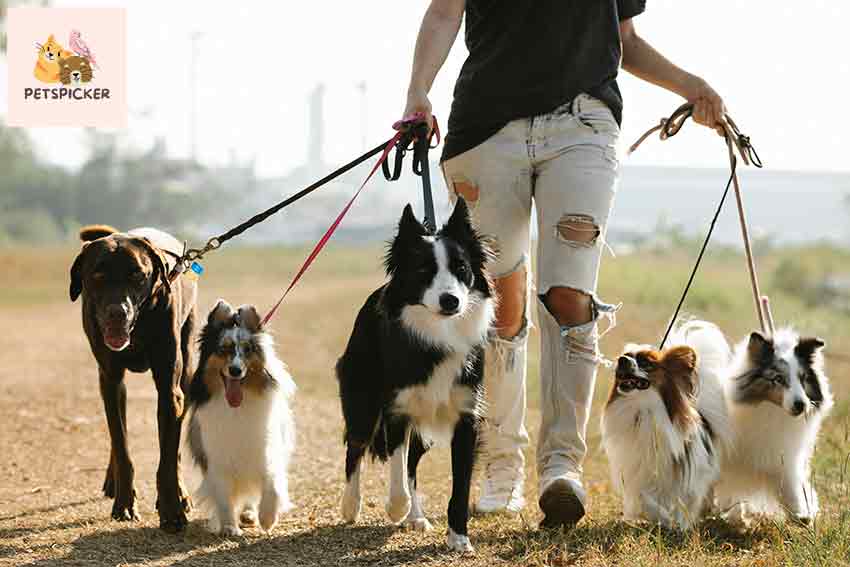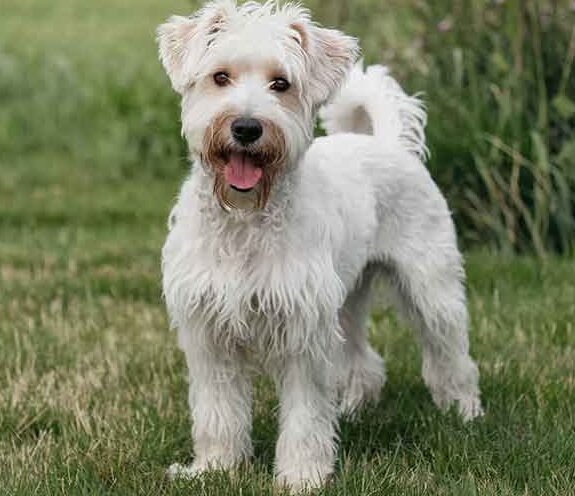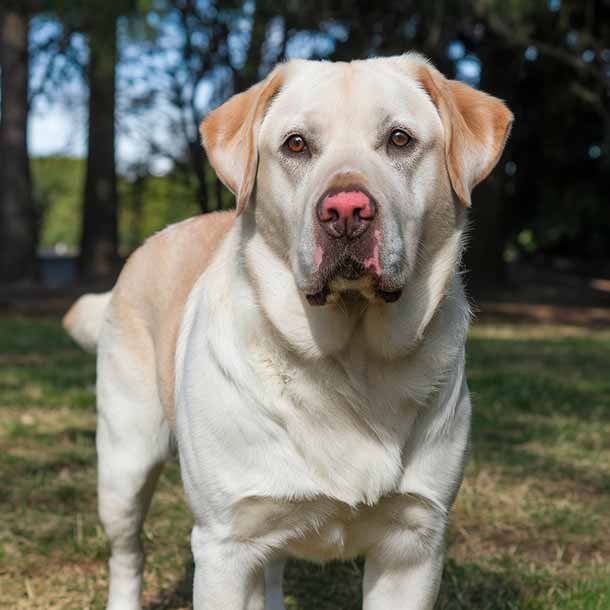How to Identify the Best Behaved Dog Breeds, by studying their disposition and obedience levels as well as determining how much energy they have and accounting for breed-specific traits, this source prepares potential canine parents with all the necessary information to select a companion who will improve their existence in some way or another. When searching for the perfect dog, it is important to look beyond its physical appearance; what matters most is its character. This concise manual presents the basic qualities one should consider while choosing a docile breed.
Unveiling the Traits: How to Identify the Best Behaved Dog Breeds
When looking for a pet dog, character is everything. Finding out which are the best behaved breeds of dogs includes acknowledging certain traits and features that make up their polite conduct. Here’s how you can identify these model breeds:
- Temperament Assessment:
Commence with assessing a breed’s temperament that encompasses its overall disposition and behavior patterns. Seek breeds that are famous for being quiet, friendly, and easily adaptable. Dogs with even temperaments have more chances of behaving well in different scenarios as well as places.
- Trainability Factor:
Reflect on the trainability of a breed because it heavily impacts their behavior. Breeds that are highly willing to please and quick learners often do better in obedience training and shaping behaviors than others do. Look for intelligent dogs like Border Collies or Poodles in this case which require brain exercises, and can understand new instructions quickly among many other things.
- Socialization Skills:
Evaluate the social skills of any particular breed; these determine how they relate to other dogs, animals or people positively or negatively. Well-socialized breeds tend to be self-assured, outgoing, and not prone to fear or aggression within social contexts. Retrievers such as Golden Retrievers and Labrador Retrievers are known to be friendly pets’ who can adapt easily to different environments.
- Energy Levels:
Think about various breeds’ energy levels and places where your lifestyle fits in perfectly well with them too. Some breeds must be kept active all times through exercise while others only need moderate activity levels to keep them calm. This makes Greyhounds or Bulldogs good apartment dwellers who may show calmer behavior when indoors since they don’t need much exercise compared to say an Australian Shepherd.
- Breed Specific Traits:
Study what specific characteristics by breed could affect behavior. For example, herding dog types like Australian Shepherds might nip or chase because they have an innate herding drive. These innate traits can be anticipated and proactively addressed to prevent possible behavior problems in the future.
- Breed Standards and Reputable Breeders:
Check breed standards and find responsible breeders who select their breeding stock based on temperament and behavior. If you want a companion that behaves well, then searching for breeders who consider desirable qualities as well as temperaments during their selection process should be done.
- Personal Compatibility:
Ultimately, think about yourself while choosing a dog breed by looking at your lifestyle, preferences, and past experiences. Therefore, choose a type of dog whose way of behaving is in line with what you expect from it like when playing or doing certain things together with how much time or energy you have available for training them every day, etc. Tempering individual dogs’ characters might differ irrespective of breed so go for compatibility over all else when finding a new canine pal.
FAQ for Unveiling the Traits: How to Identify the Best Behaved Dog Breeds
What makes a dog breed well-behaved?
Well-behaved dog breeds generally possess qualities such as intelligence, trainability, sociability, and calmness. These breeds are good learners, have friendly behavior, and blend in well with family life.
Which dog breeds are considered the best behaved?
Some of the best-behaved dogs include:
- Labrador Retriever: Known for their friendliness and outgoing nature.
- Golden retrievers: They have a gentle spirit, are intelligent, and easy to train.
- Poodle: Very intelligent and can be trained easily.
- Border collies: They are highly intelligent and respond well to training.
- Cavalier King Charles Spaniel: A very affectionate dog that is gentle too
- Bernese Mountain Dog: The mountain dog is calm and has a good temperament
How important is training in determining a dog’s behavior?
Training plays an essential role in shaping the behavior of a dog. Well-bred dogs also require being appropriately educated so that they can grow up respecting others’ manners within societies as they obediently live amongst humans.
Can mixed breeds be well-behaved?
Correct. Mixed breeds may inherit some of the positive attributes from both parents. Their behavior often depends on their upbringing, level of socialization, and type of breed, among other factors associated with their individuality.
What role does early socialization play in a dog’s behavior?
Early socialization helps puppies develop good behaviors while reducing fear and aggression. That puppy stuff; taking them around different places, people, or animals when they’re still young? You know those will make them grow into great adult pets right?
Are smaller dog breeds better behaved than larger ones?
Size does not necessarily determine how a breed behaves. Both small and large dogs could be well-trained if they were given proper discipline right from day one by having the right temperamental characteristics alongside the relevant breeding programs to equip it accordingly. However, some small families may exhibit more pronounced behavioral problems such as barking.
How can I identify if a dog breed will be well-behaved in my home?
Some key characteristics to consider include the breed’s energy levels, typical behavior patterns, and how they would fit into your lifestyle. Other important things you could do would be to talk to breeders, trainers, or veterinarians so that they could provide more information. Meeting this particular breed of dogs beforehand is also recommended as it enables one to watch the behaviors of these animals.
What are some common traits of well-behaved dogs?
Common traits that well-behaved dogs possess are as follows:
- Calmness: They remain composed and relaxed in various situations.
- Sociability: They interact well with people and other animals.
- Obedience: They follow commands and respond positively to training.
- Adaptability: They adjust well to different environments and routines.
Are there specific behaviors to look for when choosing a well-behaved dog?
When picking out a good family pet dog look out for signs showing calmness, friendliness, and responsiveness. Also, see how the animal interacts with humans as well as other creatures around it while putting it into new places with different conditions at times.
Is it possible to improve the behavior of any dog breed?
Yes, every canine canine’s attitude can be changed through patience, consistency, and training. If the dog problem is quite severe then seeking professional help from reputable trainers or qualified behaviorists may be necessary.
Sources
American Kennel Club: “The 20 Best Dog Breeds for Kids That Will Be Your Family’s Best Friends”
- PetMD: “The Best Family Dogs”
- Cesar’s Way: “Best Dog Breeds for Families”
- Vetstreet: “Best Dog Breeds for First-Time Owners”
- ASPCA: “Choosing the Right Dog for You and Your Family”
Conclusion
To summarize how to identify the best behaved dog breeds, various factors must be considered, including temperament, trainability, energy levels, socialization abilities, and unique breed characteristics. By evaluating these key characteristics and completing significant research, one can acquire a pet dog who will develop healthy habits to enrich his or her life and bring enjoyment into the home.






